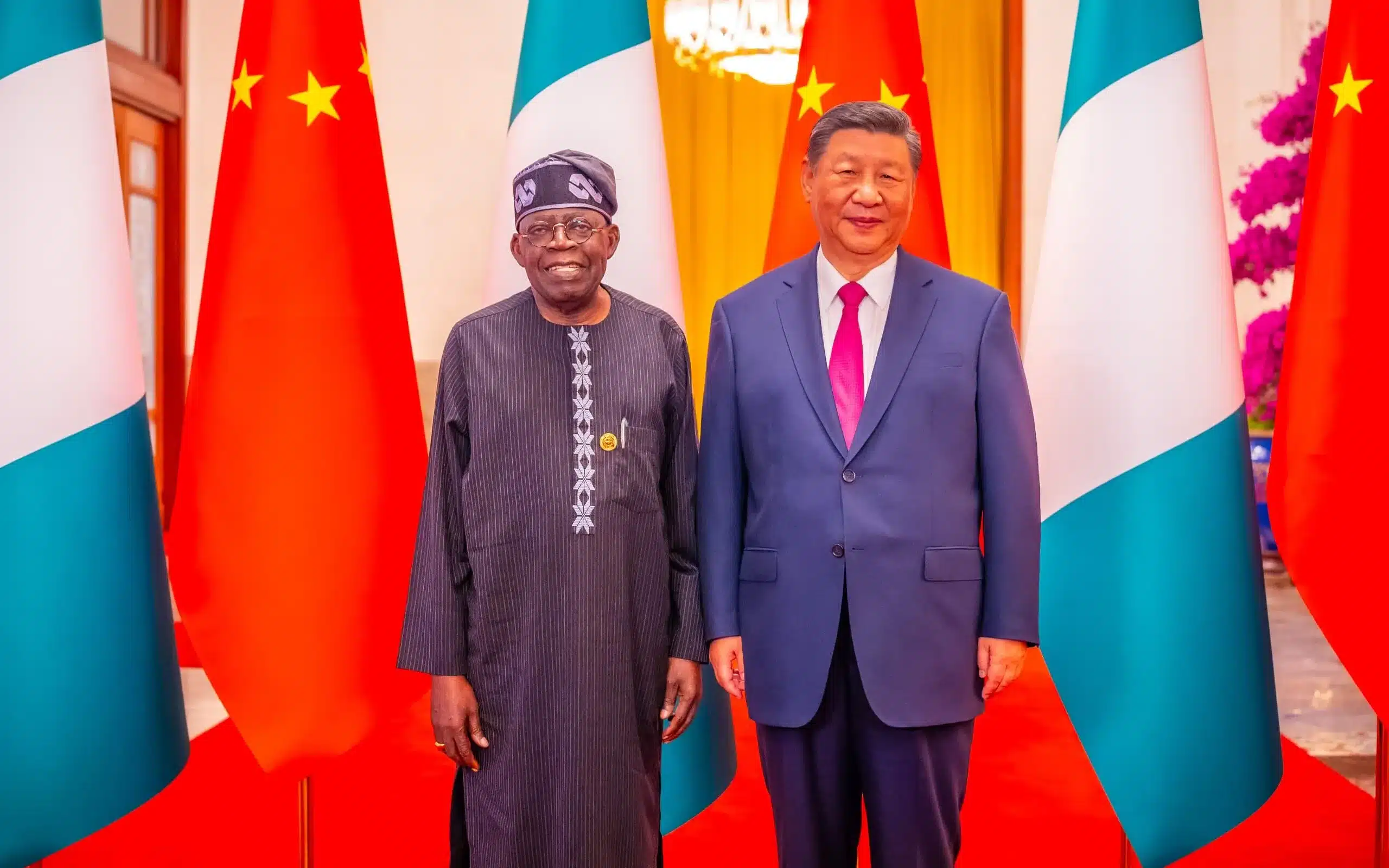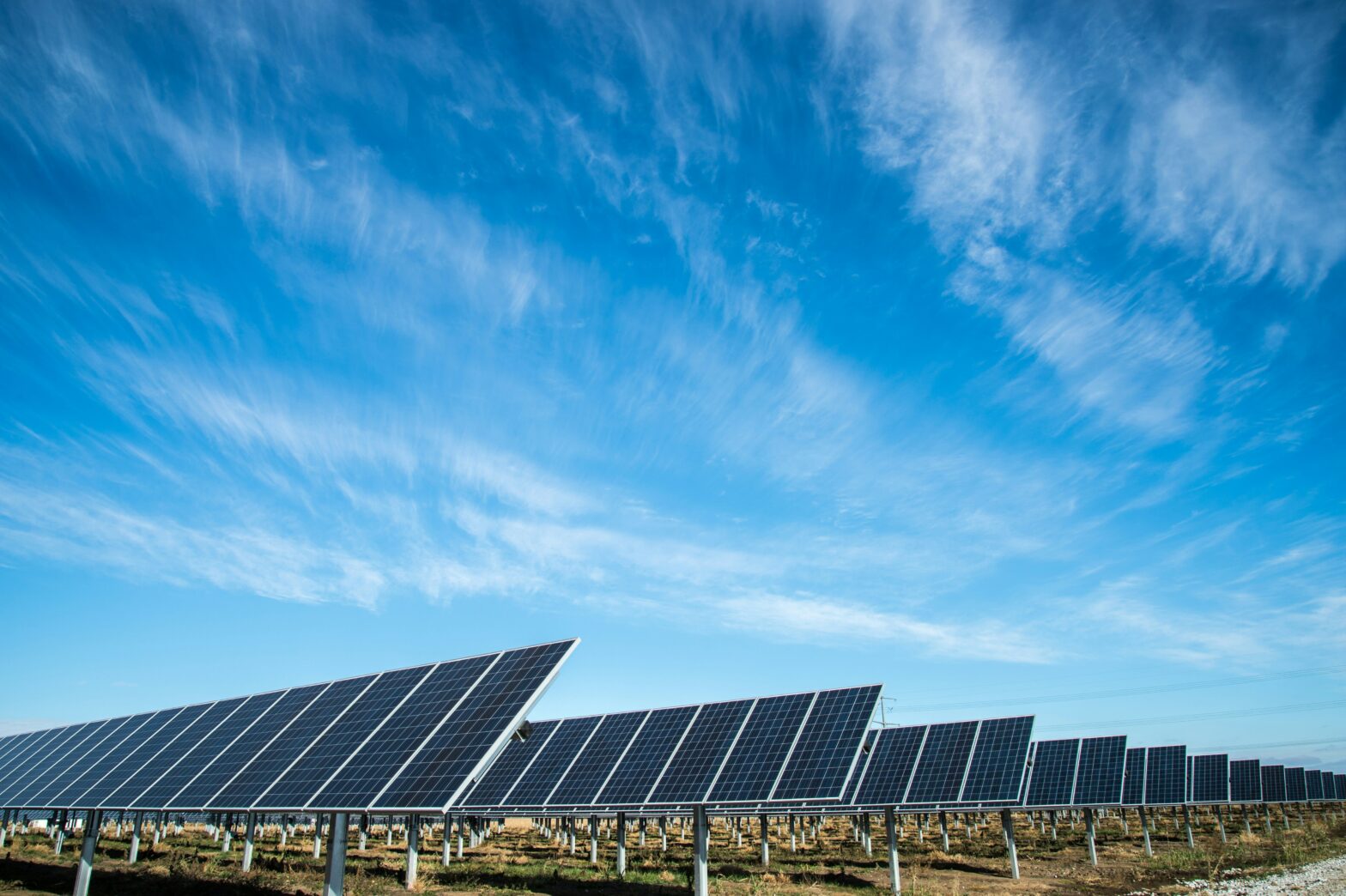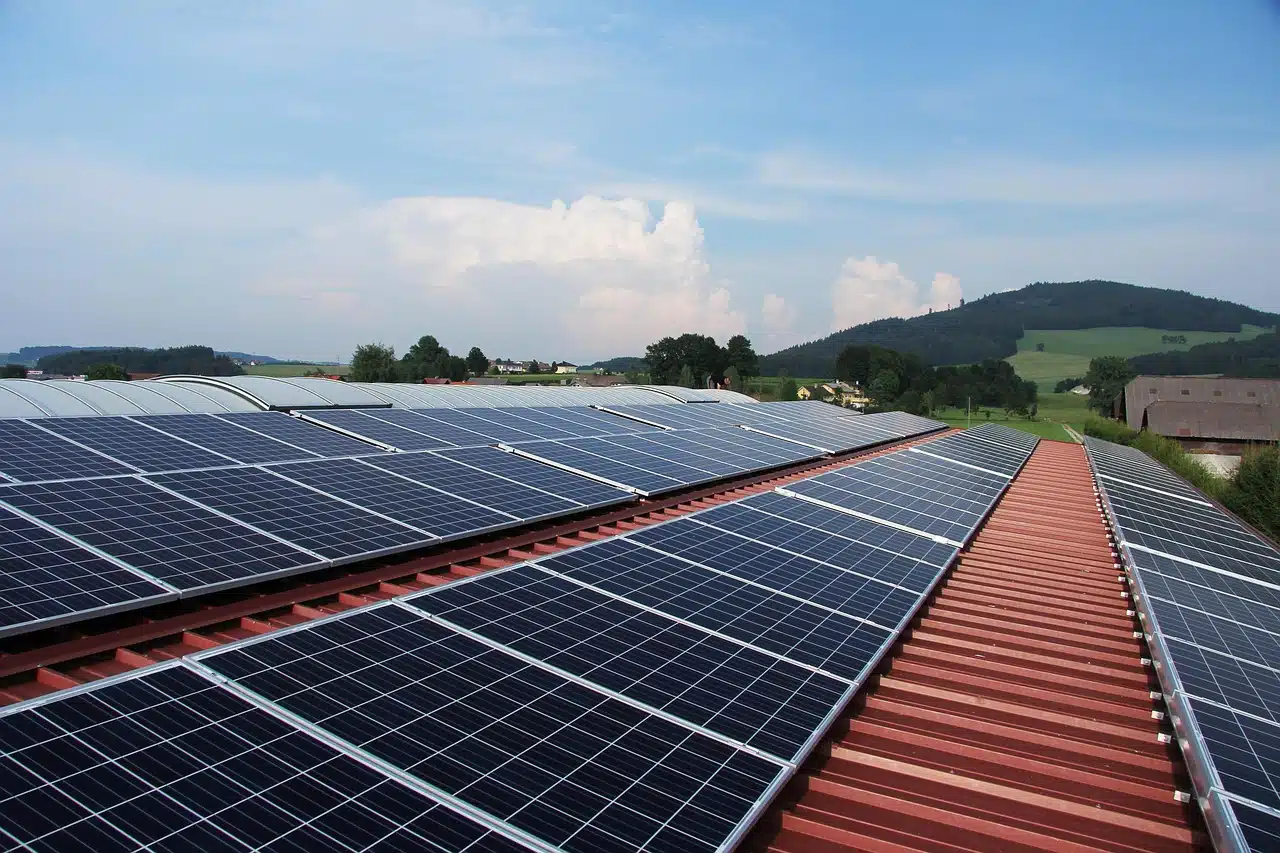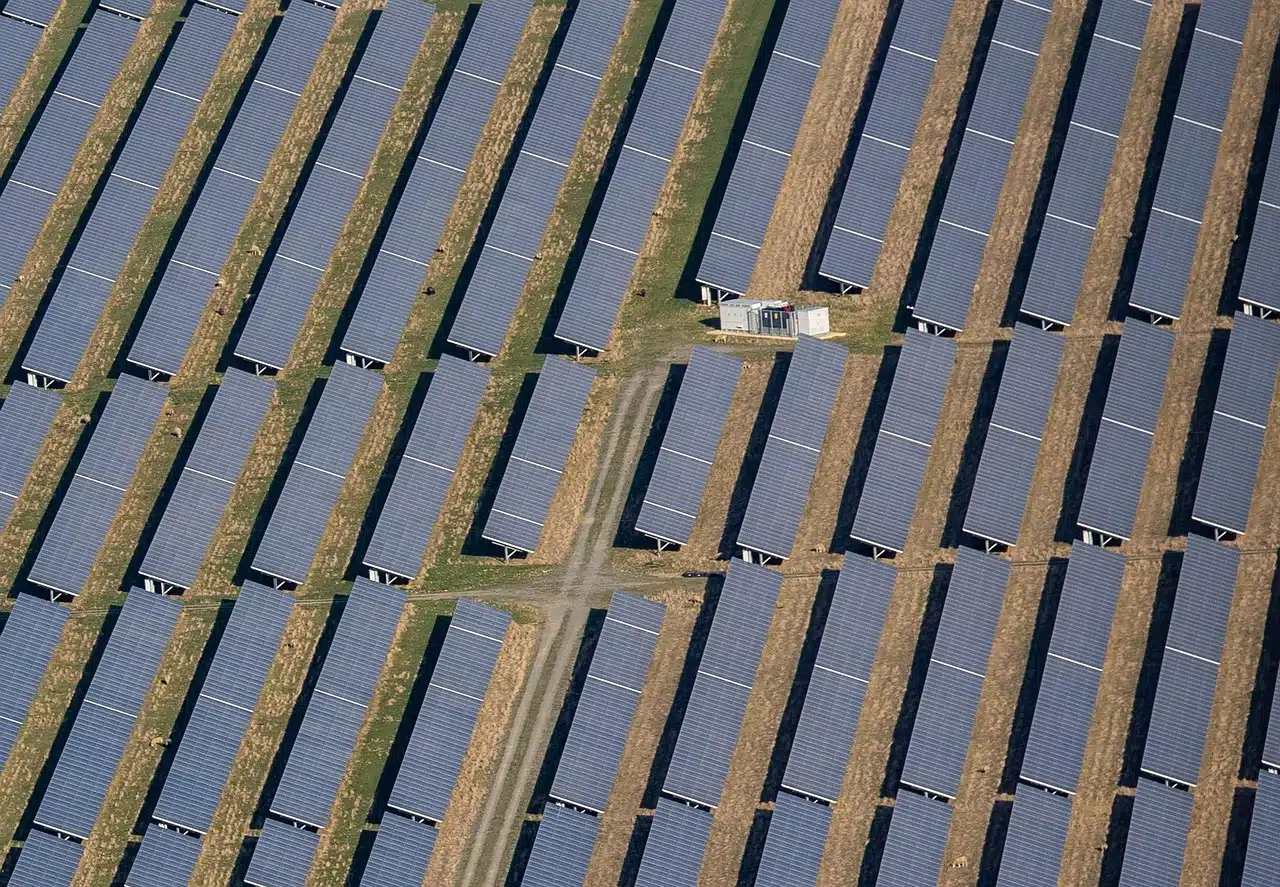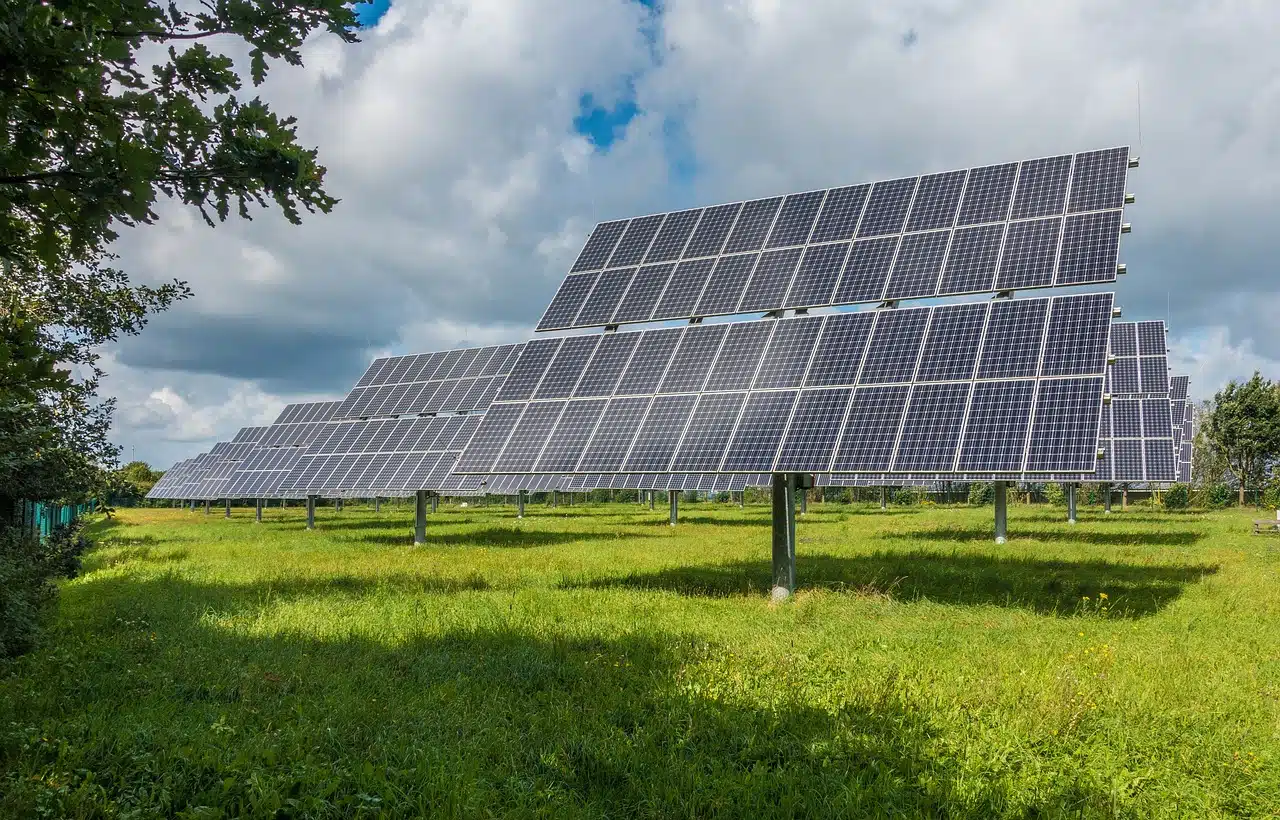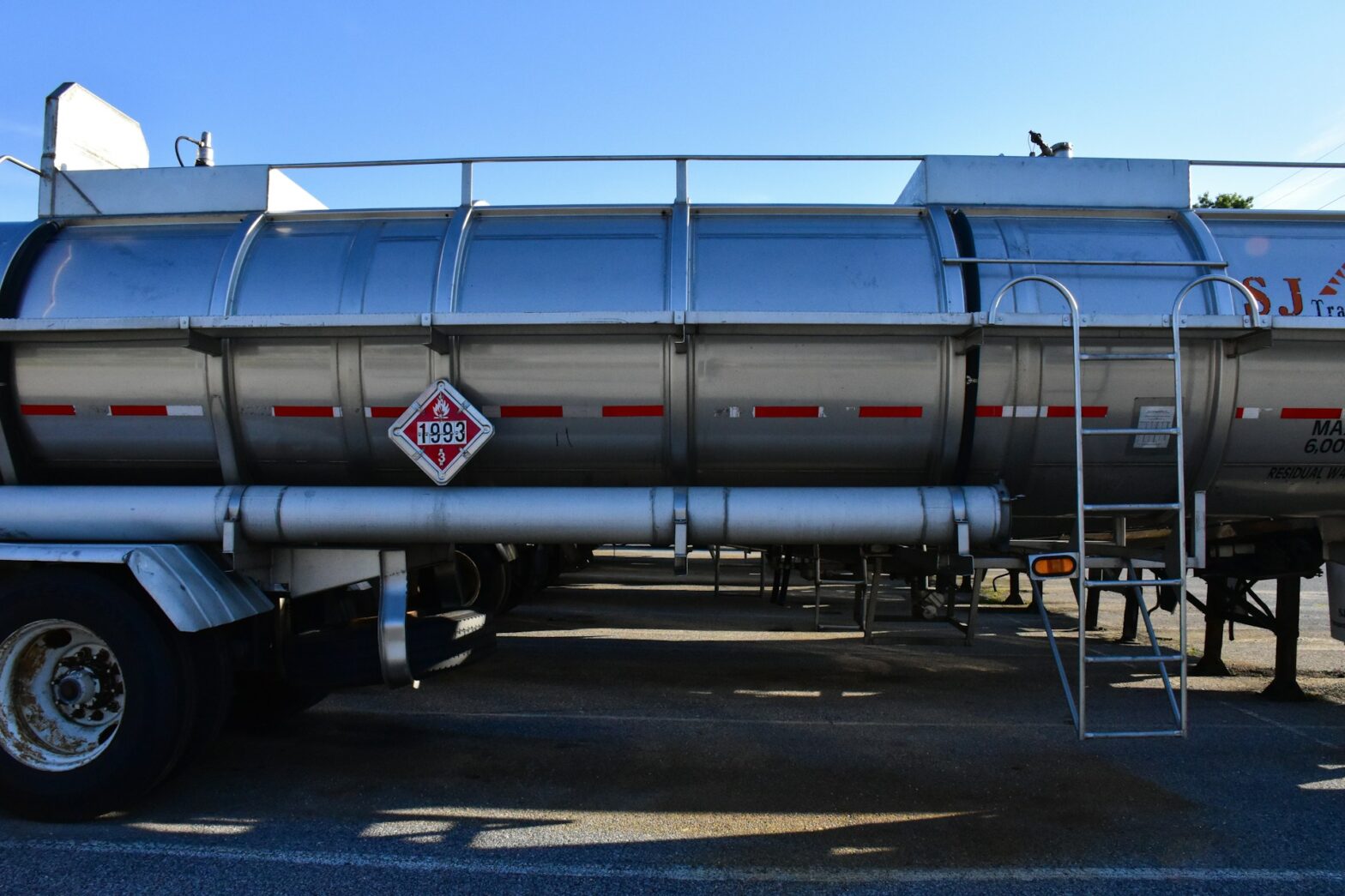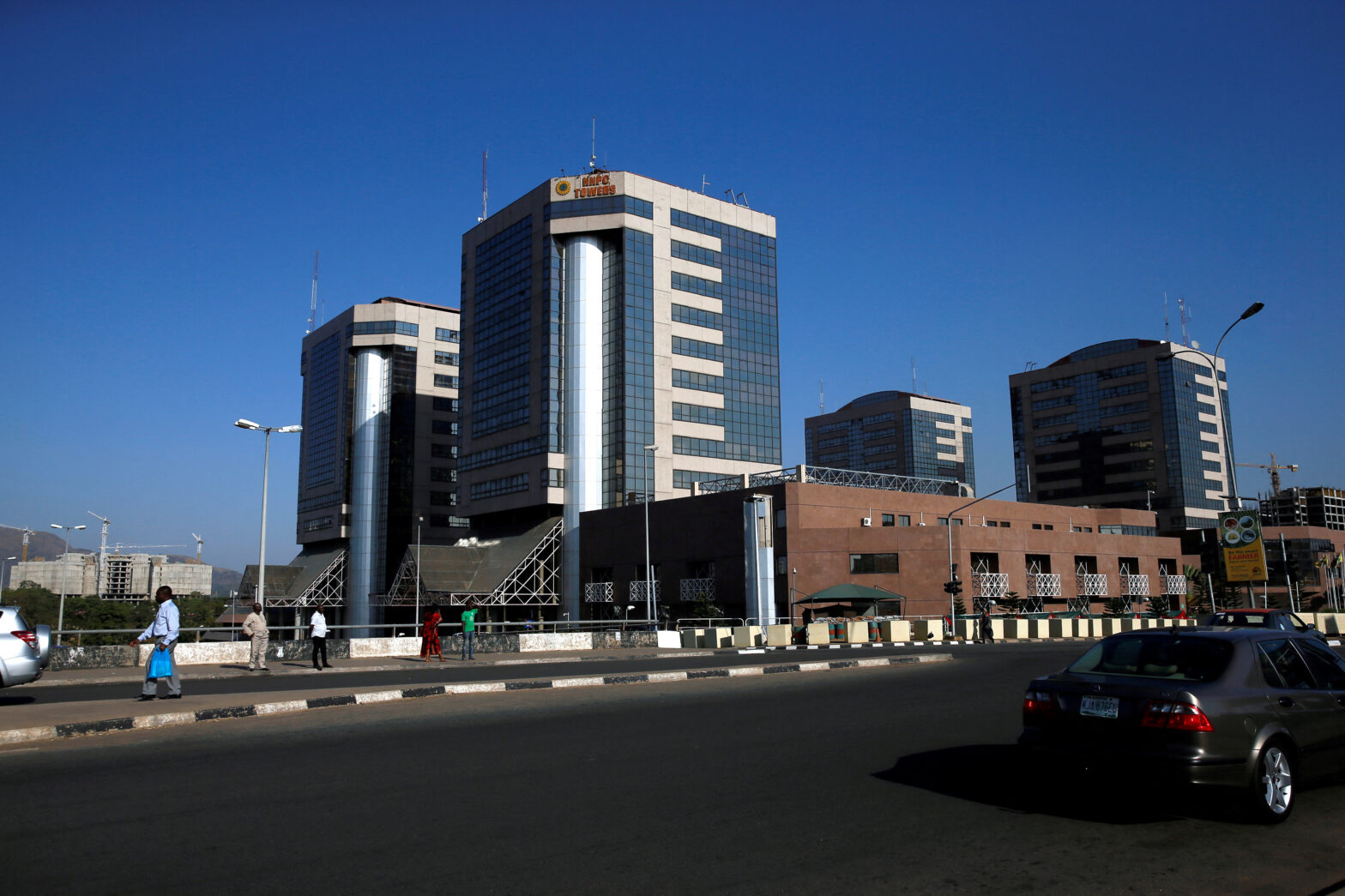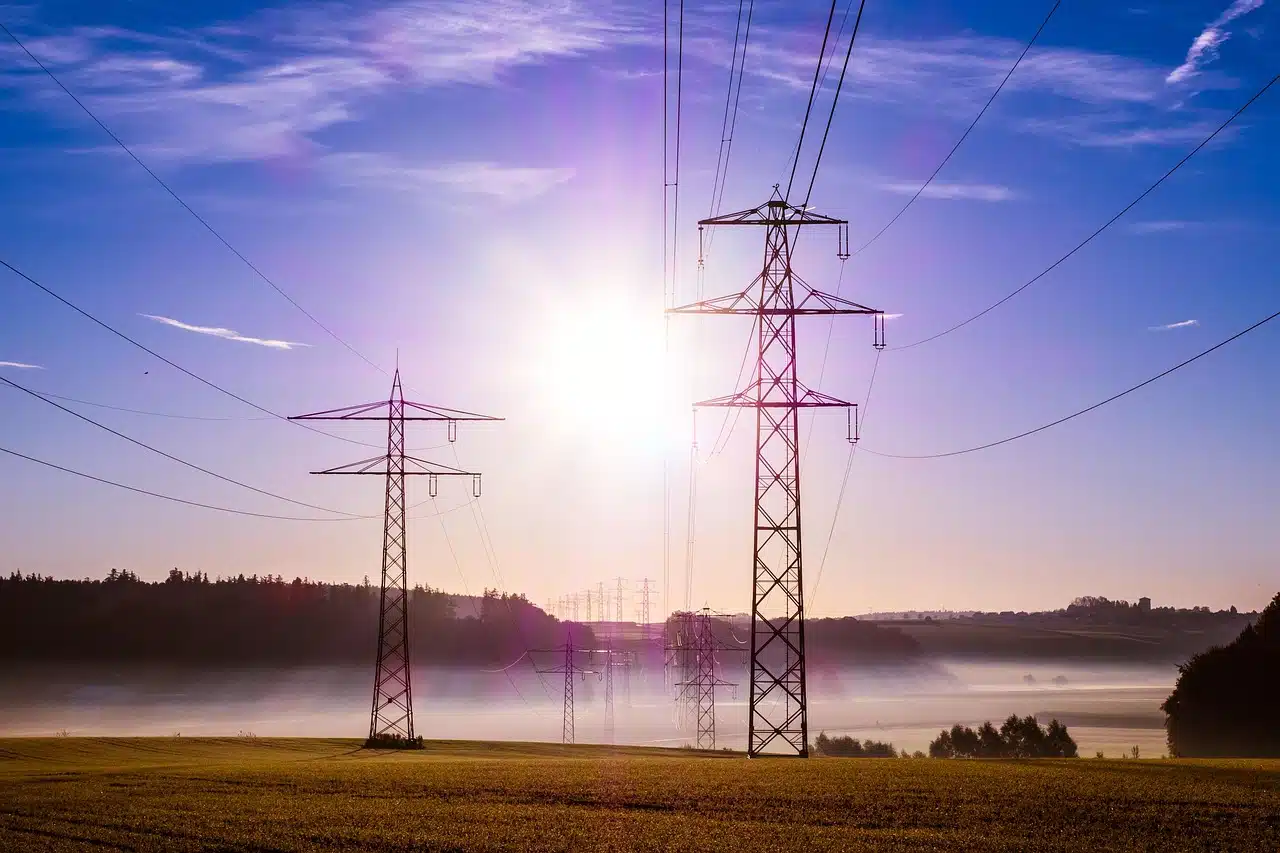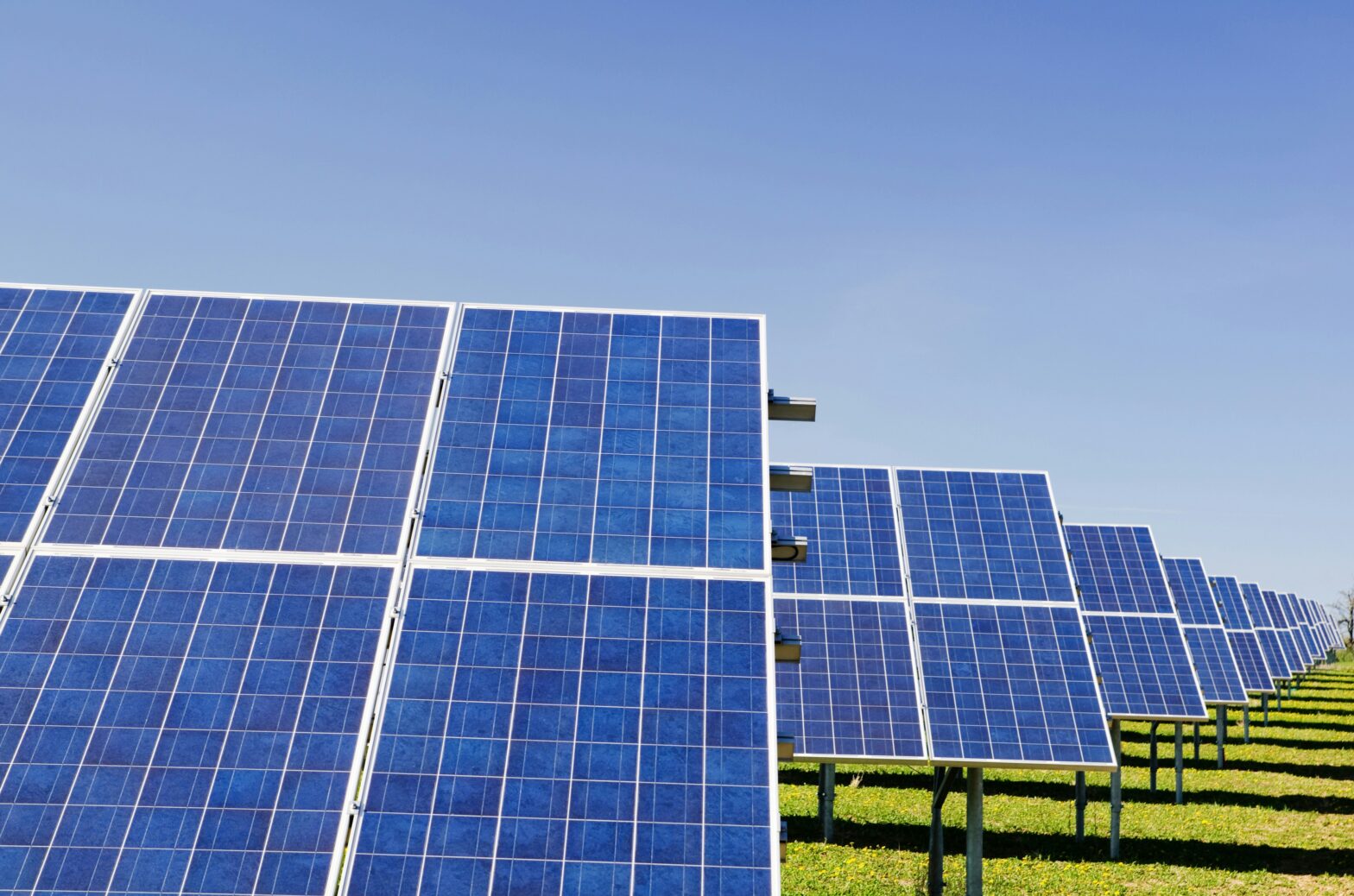Representatives from Nigeria and China have formalized a €7.6 billion ($7.9 billion) agreement to develop a green hydrogen project in Niger Delta region, Akwa Ibom.
The Federal Government of Nigeria, APPL Hydrogen Limited (AHL), and China’s LONGi Green Energy Technology signed the deal over the weekend in Uyo, Nigeria.
The signing ceremony was witnessed by Nigeria’s Minister of Innovation, Science, and Technology, Uche Nnaji, and the Director General of the Energy Commission of Nigeria (ECN), Mustapha Abdullahi.
The project is slated for development in the Atabrikang area of the Liberty Free Trade Zone (LFTZ), within the Ibeno Local Government Area of Akwa Ibom State.
AHL’s Chief Visionary Officer, Idara Ekpo, stated that the initiative aims to produce approximately 1.2 million tons of green hydrogen-based methanol annually for export.
In addition to green methanol, the facility is expected to generate medical-grade oxygen and food-grade carbon dioxide.
Ekpo emphasized the global shift towards green hydrogen as a strategy to mitigate climate change, noting that AHL is collaborating with 11 international companies on this project.
“From green hydrogen, APPL Hydrogen will be producing green methanol, which is one of its kind in the world.
“We will be producing 1.2 metric tons per year of green hydrogen derivatives, which is going to be green methanol for export. From that green methanol, we will have medical oxygen and food-grade carbon dioxide.”
Commenting on Nigeria’s agreement, Minister Nnaji stated;
“As the global energy landscape shifts towards cleaner alternatives, investments in green hydrogen, green methanol, and green ammonium production place Nigeria at the forefront of green energy innovation.”
He further mentioned that the project as a significant step in the country’s decarbonization efforts.
In addition, Bamange Usman Jada, Managing Director of the Oil and Gas Free Trade Zone Authority, mentioned that the project’s potential to diversify Nigeria’s economy, boost exports, and address foreign exchange challenges.
“It will lead to technology transfer, create massive employment for our people, and it is environmentally friendly and sustainable”, he added.
Despite the ambitious plans, the Energy Industries Council (EIC) observed last month that while approximately 41 hydrogen projects are scheduled to commence construction in Africa over the next five years, none have yet reached a final investment decision (FID).

